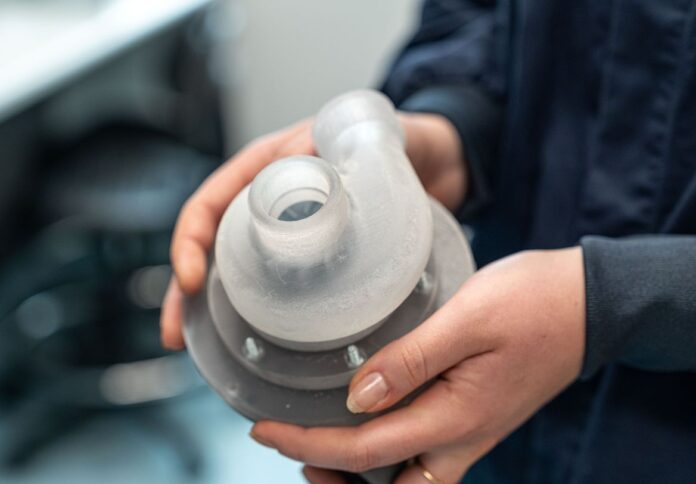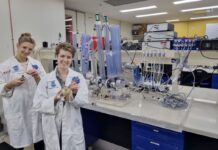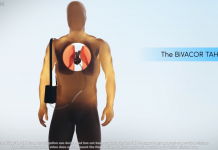
A new artificial heart developed by Monash University students is on its way to compete in the United States at Heart Hackathon, the world’s first student-led biomedical engineering competition.
The event will be held at the 29th Annual Meeting of the International Society of Mechanical Circulatory Support (ISMCS) in Dallas, Texas, on 29 October.
Georgia Brooks, a final-year engineering and biomedical sciences undergraduate student, is co-leading the Monash Heart Hack team, which is comprised of more than 30 students from Engineering, Medicine, Biomedical Science, and Law.
“As the first of its kind, this competition provides a unique opportunity for undergraduate students to grow their knowledge and passion for novel total artificial heart (TAH) devices,” said Brooks.
Julie Dao, the Monash Heart Hack team’s co-lead, is completing a PhD on the prevention of cardiovascular disease.
Heart failure, one of the world’s biggest killers, affects about 300,000 Australians, with more than 30,000 new diagnoses made every year. One in 50 Australians die from the condition.
There are almost no artificial heart implants currently performed in Australia.
Dao noted that while a TAH exists, it is large, heavy, cumbersome, and has many complications.
“Building a TAH is a tremendously complex challenge. It requires developing a miniaturised pump that can pump enough blood to support both sides of the circulatory system – systemic and pulmonary – while fitting into a fairly small space,” Dao said.
“Furthermore, an artificial heart needs to automatically adjust its output when you transition from rest to exercise. It also needs to be fully biocompatible with surrounding tissue, have an external power source, be easy to implant, comfortable to wear and have minimal complications over a 10-plus year lifespan.”
A total artificial heart can serve as a lifeline for many critical patients while they await a transplant or, rarely, to allow the heart to rest while it recovers from an acute illness, such as a viral infection.
Aside from a cash prize, champions of the Heart Hackathon will be invited to present their design to clinical and industry leaders during the final Scientific Session of the ISMCS conference on 1 November.



















